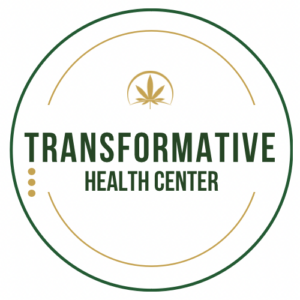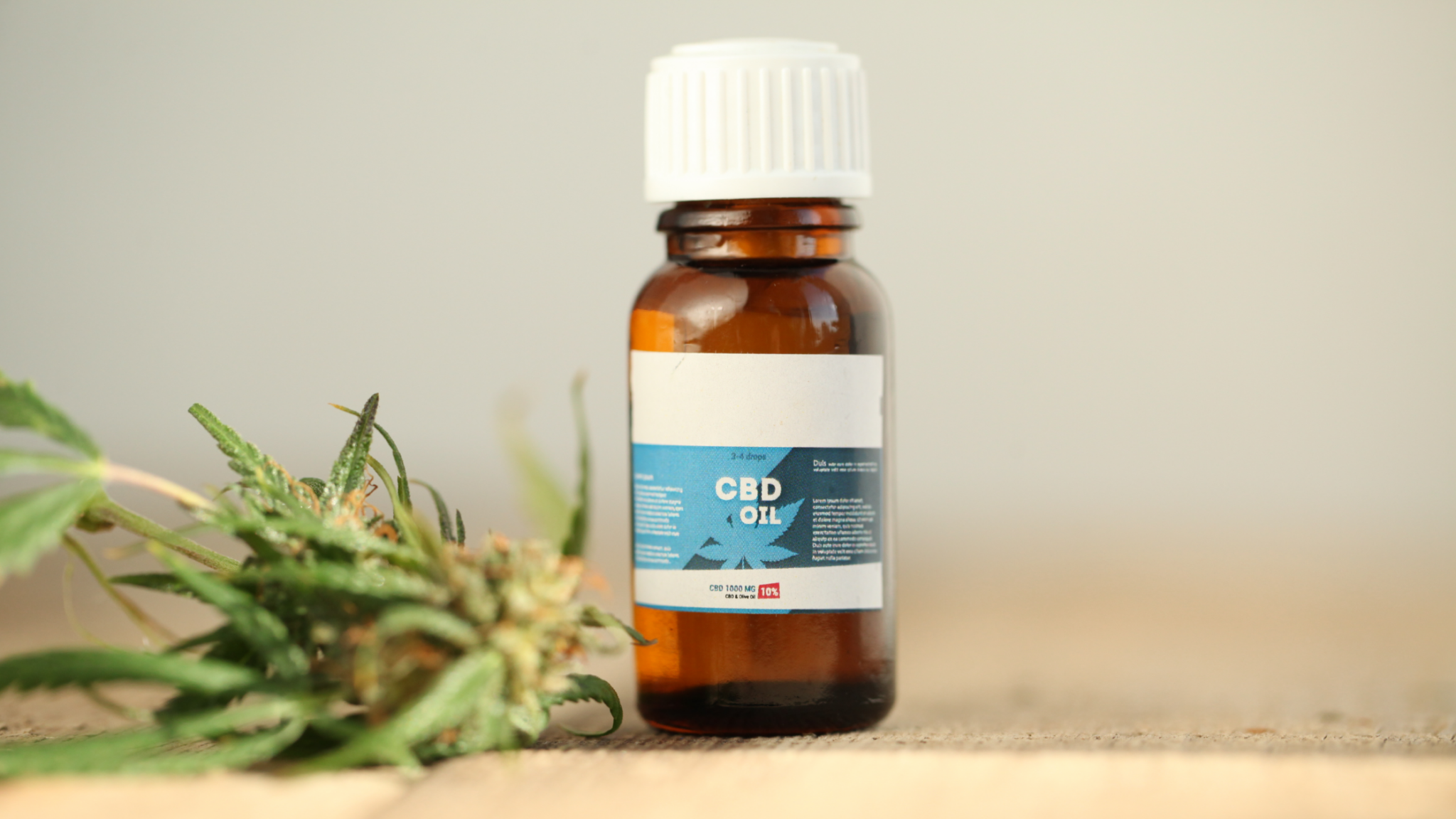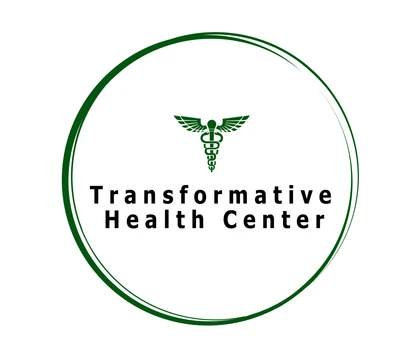The increase in the use of marijuana and cannabis continues to attract interest from several actors. More and more states are increasingly legalizing marijuana and cannabis due to the potential benefits derived from it.
To put this into perspective, cannabis contains many compounds known as cannabinoids. Of these compounds, CBD and THC are the most common. Much of the interest surrounds Cannabidiol (CBD) and tetrahydrocannabinol because they are used to manufacture products that may be beneficial in alleviating ailments such as stress, anxiety, and insomnia.
To fully understand the potential benefit and side effects of these products, it is imperative first to understand the key differences between CBD and THC.
What is CBD?
CBD, short for Cannabidiol, is a common compound found in Cannabis. It can be derived from either hemp or marijuana. Marijuana contains more THC than hemp, while hemp contains more CBD.
It is popular for its potential as a natural treatment for conditions such as anxiety. Typically, it is sold in the form of gels, oils, gummies, supplements, extracts, and more.
What is THC?
THC or delta-9-tetrahydrocannabinol is the main psychoactive compound in Cannabis. THC is known to cause a high sensation when you smoke Cannabis. Normally, this occurs because the THC triggers the release of brain chemical dopamine-a neurotransmitter involved in mood and pleasure. As a result, you may experience a feeling higher than normal and also feelings of euphoria.
THC can be found in ingredients such as oils, capsules, and edibles. However, it is commonly administered by smoking marijuana.
CBD vs. THC: The Chemical Structure
Both compounds have the same chemical formula. However, the atoms are arranged differently. This means that your body will be affected differently due to the different chemical properties found in both compounds
That being said, they are both chemically similar to your body’s endocannabinoids. This means that they are able to interact with your cannabinoid receptors which release neurotransmitters in your brain. Therefore, they may have an impact on your pain, stress, sleep, mood, and even immune function.
The Impact on the Body
THC and CBD may affect the body differently. THC is the main psychoactive compound in marijuana; therefore, it mostly results in a high feel effect. This occurs when the THC binds with the CB1 receptors, resulting in a feeling of euphoria.
On the other hand, CBD is not believed to contain the “high” effect characteristic of THC. Instead, it may bring about a feeling of well-being in your body. This is because it binds weakly with CB1 receptors.
Medical Benefits
CBD and THC have the potential to deliver a wide range of benefits by possibly providing relief for some conditions. However, skepticism about the use of THC occurs as a result of the possible side effects associated with it. Many people prefer CBD because it may be less likely to result in the euphoric effect characteristic of THC.
Epidiolex is one of the products which the FDA has approved for seizures associated with Lennox-Gastaut syndrome or Dravet syndrome in patients 1 year of age and older. This means that the FDA deems the drug product safe for its intended use.
Some conditions for which CBD may provide you relief include:
THC is used as a potential treatment of the following conditions:
- Nausea
- Anxiety
- Pain
- Glaucoma
- Low appetite
- Insomnia
Side Effects
Despite both compounds potentially exhibiting medical benefits, you may experience certain side effects.
According to research, you may end up experiencing side effects due to drug-to-drug interaction, which occurs when you are taking CBD products while at the same time taking other medicines. However, such side effects are deemed not fatal and are mostly temporary.
The side effects of CBD may include:
- Fatigue
- Diarrhea
- Loss of appetite
- Loss of weight
The side effects associated with THC were raised due to the compound’s psychoactive properties. Such side effects may possibly include:
- Memory loss
- Anxiety
- Red eyes
- Increased heart rate
- Dry mouth
- Coordination problems
The Legality
In the United States, many states are occasioning a shift in paradigm since they are now recognizing the possible importance of cannabis in a medical role. Although CBD is still classified as a Schedule 1 drug under federal law, hemp has been removed from the controlled substances Act.
Before choosing a product containing either CBD or THC, it is imperative to research your state’s laws. This is because some states deem cannabis-related products illegal, and you could face stringent penalties. In other jurisdictions, laws have been passed making CBD and THC legal for medical purposes or even recreational purposes. Therefore, this underlines the imperative nature of understanding your state’s legislation.
Contact Transformative Health today to learn more about medical MMJ or fill out the form below:
- 225-888-4041Interested in Learning More?
 Skip to content
Skip to content


